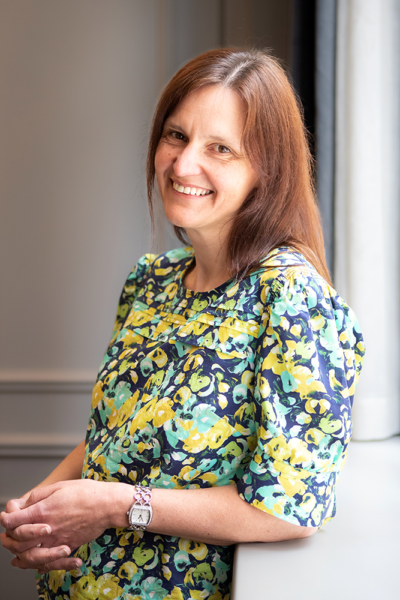
Our Director Emma Ryan-Weber is a Professor in Astrophysics at Swinburne University of Technology. Professor Ryan-Weber’s research focus is on the earliest elements in the universe and how they have evolved over cosmic time. She pursues this work within ASTRO 3D as part of the Centre’s Galaxy Evolution Program. Ryan-Weber leads the metal absorber work package for the European Southern Observatory (ESO) VLT Large Program, XQR-30. The program is the most ambitious to date for follow-up spectroscopy of redshift 6 quasars, used to probe intervening elements such as Carbon and Oxygen.
Ryan-Weber obtained her PhD from the University of Melbourne in 2004 on Neutral Hydrogen in Galaxies and the Intergalactic Medium. From 2004 to 2008 Ryan-Weber was a postdoctoral Fellow at the University of Cambridge working on number of cutting-edge projects including star formation between galaxies and the discovery of the Milky Way’s faintest gas-rich dwarf companion. Ryan-Weber’s pioneering observations using near-infrared spectroscopy revealed the most distant carbon detected in the intergalactic medium. She is a sought-after international speaker on the subject. In 2009 Ryan-Weber returned to Australia and commenced a position at Swinburne’s Centre for Astrophysics and Supercomputing, where she held an Australian Research Council Queen Elizabeth II Fellowship. As a research group leader Ryan-Weber mentors her PhD graduates and postdoctoral researchers to pursue careers in both astrophysics and industry, creating impact in the wider community.
Professor Ryan-Weber was previously the Swinburne node leader for ASTRO 3D and deputy lead of the Galaxy Evolution project. As part of that role, she recognised the need to upskill PhD students and postdocs in applying for telescope time, initiating and running a series of ESO proposal writing workshops. Ryan-Weber works part-time and is an advocate and role model for parents of children with a disability. In 2020 Ryan-Weber campaigned for short-term COVID-19 scholarship and contract extensions for ASTRO 3D PhD students and postdocs affected by the pandemic. She developed policy and chaired the COVID-19 extensions committee in which funding was redirected to PhD students and postdocs. The redistribution of funding was a win-win for ASTRO 3D. Individuals were supported through hardship and ASTRO 3D publications were bolstered.